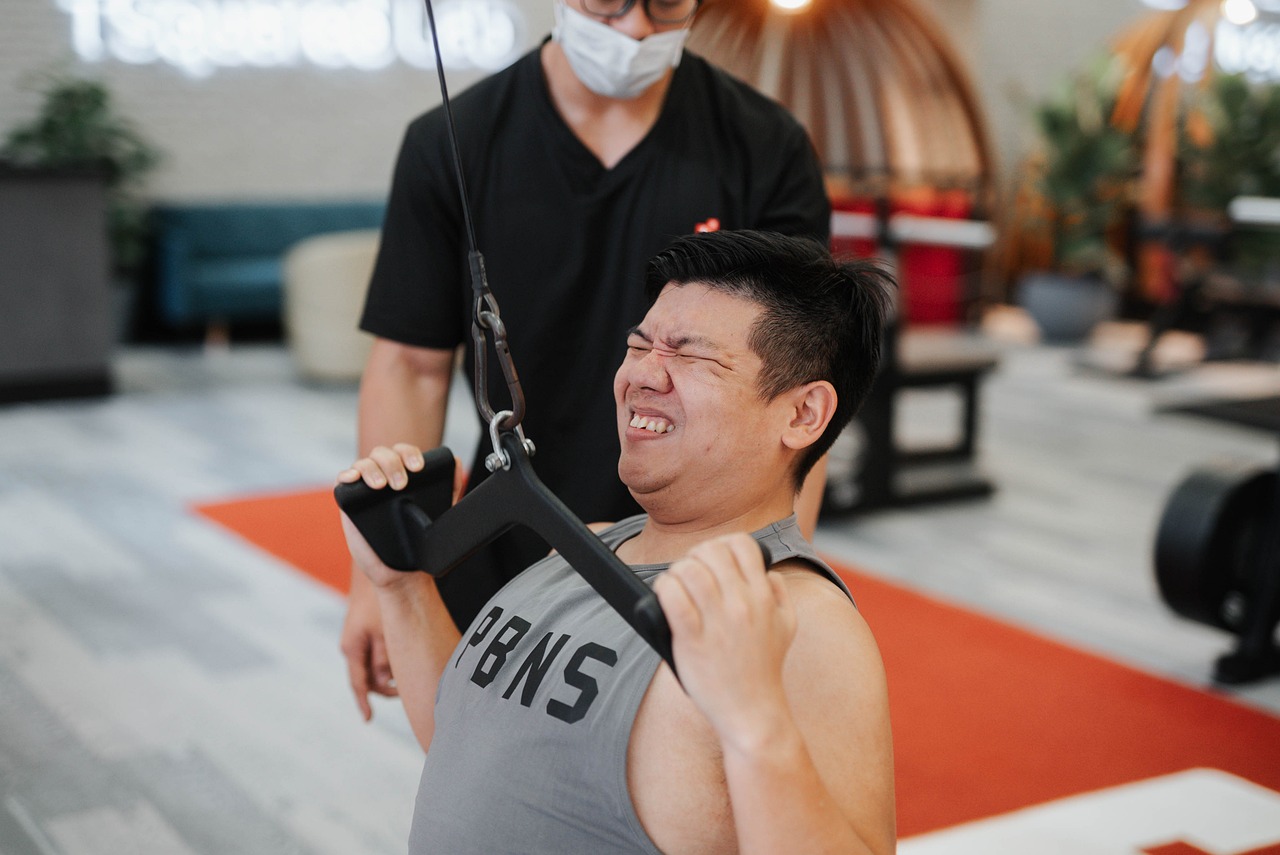Business Practices and Ethical Foundations
Ethical business practices are the cornerstone of any reputable health and fitness establishment. Professionals in this industry must adhere to principles of honesty, transparency, and integrity. Misleading advertising, false claims about products or services, and hidden fees can damage client trust and undermine the credibility of the profession. Ethical conduct requires that practitioners offer truthful information and prioritize the well-being of their clients over financial gain. The supplement industry generates billions of dollars annually, often fueled by unverified claims and aggressive marketing. Many fitness enthusiasts turn to supplements believing they are essential for performance enhancement. However, research indicates that a balanced diet typically provides all necessary nutrients. Professionals should educate clients about evidence-based nutrition and, if necessary, refer them to licensed dietitians rather than endorsing unregulated products.
Professional Boundaries in Client Relationships
Maintaining professional boundaries is crucial in fostering a safe and respectful environment. Physical interactions, personal discussions, and even social media engagement should be handled with caution. Any inappropriate behavior, including unsolicited physical contact or suggestive remarks, can lead to ethical violations and legal consequences. Establishing clear guidelines for professional conduct protects both clients and practitioners.
Confidentiality is fundamental in health and fitness. Professionals often have access to sensitive client information, including medical histories, fitness assessments, and progress reports. Ensuring this data remains private is essential for client trust. With the rise of digital record-keeping, cybersecurity measures must be in place to prevent unauthorized access to client records.
Conflict of Interest and Financial Transparency
Conflicts of interest arise when financial incentives compromise professional judgment. Fitness professionals must be cautious when recommending products, services, or partnerships that could be perceived as self-serving. Full disclosure of affiliations and commissions helps maintain transparency and reinforces credibility within the industry. Professional competency hinges on proper certification and ongoing education. The health and fitness industry is continually evolving, necessitating regular updates to knowledge and skills. Accredited organizations such as the American College of Sports Medicine and the National Strength and Conditioning Association provide rigorous certification programs. Staying informed about the latest research ensures that professionals offer safe, effective, and science-backed advice.
Misrepresentation of Skills and Expertise
Inflating credentials or claiming expertise beyond one’s qualifications is an ethical breach that can endanger clients. Some fitness professionals may market themselves as rehabilitation specialists without formal training in physiotherapy or claim to provide medical advice without proper credentials. Such misrepresentation not only risks harm to clients but also damages the industry’s reputation.
Intellectual Property and Plagiarism
Plagiarism and intellectual property theft are growing concerns in the digital era. Fitness professionals often create training programs, articles, and instructional videos. Unauthorized use of copyrighted material or failing to credit original sources undermines professional integrity. Ethical professionals ensure that their content is original or properly attributed to the rightful creator. Fitness professionals are not medical doctors and should refrain from diagnosing or prescribing treatments. While they can provide general wellness guidance, suggesting specific interventions for injuries or illnesses falls outside their scope of practice. Directing clients to qualified healthcare providers ensures they receive appropriate medical care.
The Importance of Lifelong Learning
The health and fitness industry is dynamic, with continuous advancements in exercise science, nutrition, and rehabilitation. Lifelong learning is essential for professionals to remain competent and provide the best possible service to clients. Attending workshops, reading peer-reviewed research, and obtaining advanced certifications contribute to professional growth and ethical responsibility.













